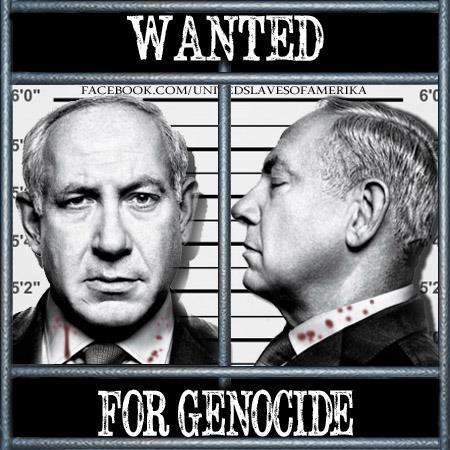
Muhammad Abdul Bari conveys the following:
The recent Israeli pounding on Gaza reminds us of the brutal Gaza invasion in 2009 that resulted "in between 1,166 and 1,417 Palestinian and 13 Israeli deaths (four from friendly fire)". The human toll and the destruction of the infrastructure in Gaza nearly five years ago still reverberates. The current bombing spate by the Netanyahu government from the air and sea is again turning Gaza into rubble.
Israel says it is only targeting selective targets with "surgical precision". But its claims are not substantiated by facts: The majority of victims are innocent civilians. Despite some pressures from America and Britain, Israel is massing its troops near Gaza; a ground invasion seems possible.
The Gazan people's back has been to the wall for some time; they have been subjected to inhumane conditions under almost total siege by Israel for some years - something considered illegal under international humanitarian law.
According to a UN report, Gaza in 2020: A liveable place?, "Israel's Operation 'Cast Lead' in 2008-09 'caused a total of US$181 million in direct and US$88 million in longer-term costs for Gaza's agriculture; generated about 600,000 tonnes of rubble and US$ 44 million in environmental costs."
Beyond Gaza, the situation in historic Palestine is not much different. Israeli land grabbing, illegal settlements and ethnic cleansing in occupied territories, forced removal of families from their homes, the increasing refugee problems, massive unemployment, daily humiliation of Palestinian people in the crossings, the erection of the "apartheid wall" - have all created an atmosphere of despair.
Sadly, people have a short memory. They forget that Hamas, for all its flaws, formed the legitimate Palestinian government after winning an internationally-accepted election in 2006 (but they were conveniently dumped by the US and other western governments).
The fear of being accused as anti-Semitic has inhibited many in the West from publicly criticising Israel's historic injustice to the Palestinians. Some try to be ambivalent; in order to prove their neutrality, the only thing they do is offer some advice to Israeli and Palestinian politicians to sort out the mess on the negation table.However, an overwhelming majority of people in the Muslim world and many in Asia, Africa and Latin America consider Israel a Pariah state, supported by the world's sole superpower, the United States. Many consider Israel as a Goliath when it comes to the Palestinian people.
The US and other western governments have failed to publicly criticise Israel for its iron-fist policy on Palestine. That has made them incapable of becoming honest peace-brokers between the two sides. The so called "road map for peace", initiated by the US in 2002, was rejected by Israel and did not see the light of the day.
Israel has massive political and military might and the Israeli leadership is also known to be politically smarter than the Arab leaders. Israel has become a garrison state with conventional and weapons of mass destruction that include nuclear bombs. It has the unconditional backing of the largest military power on earth. This has blinded Israel's judgment and made it arrogant.But in the greater scheme of things, the Israeli leadership lacks strategic wisdom that is needed for its future. With all its military, diplomatic and media advantage, time is not on Israel's side. History also teaches us that the days of injustice do not last long.
The Palestinian people may be underdogs now, but people with insight can see they are the ones who are setting the future agenda.
Plus the tectonic plate of world economic power is shifting towards the East; with it the global political and military power may change at some time in the future.
During the 2009 Gaza crisis, two prominent Muslim countries - Turkey and Egypt - carried little weight in the world. Now they are trying to assert their rightful place. Their position on the Arab-Israeli conflict is now clearer.
Via: "Al-Jazeera"




No comments:
Post a Comment